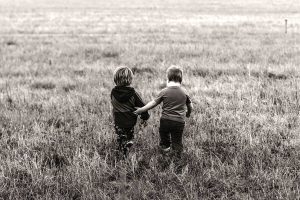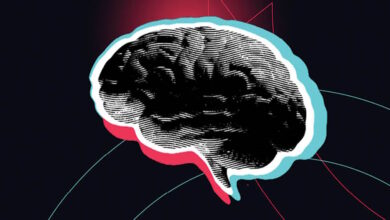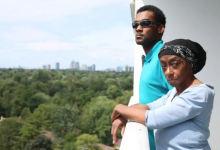A Mother of Biracial Sons…

Couples from different racial, ethnic and faith backgrounds and their “mixed” children are becoming increasingly visible in the public eye. We may know Canada as a ‘mosaic’, however, what do we know about the interracial population? Who are they, and what is their experiences raising children? How do mixed families differ from that of others? In recent times, topics of multiculturalism have become more and more relevant, as we diversify ourselves and seek to live authentically.
More broadly, issues of belonging and identity for these children and parents must be discussed. For children, relating to others of their ethnic or racial backgrounds is often a challenge. While parents find difficulty with wider social attitudes-in other words, ‘outside’ rather than ‘inside’ the family dynamic. Mixing and mixedness are posed as laden with struggle, in common assumptions and media portrayals. The notion of ‘culture clash’ is frequently used to explain the supposed problematic nature of mixed relationships. Children from mixed parents are subjected to sharply differing perceptions of ‘hybrid degeneration’ or ‘hybrid vigour’. It is constant battle within themselves, as they seek to understand their identity as a whole.
It is arduous raising children in a world that is centred around hate and division. But it is a far greater challenge fostering them in a society, as it pushes back against you. When my Filipino ex-husband and I, Portuguese, started having children, like most mothers, I sought out parenting information to answer some of my questions. I looked for advice on how to talk to children about ethnicity and culture, fostering a positive identity, or parenting with mixed heritage. My sons noticed early on that their skin colour, eye and nose shape were different from their parents and each other. Understandably, it was a stråuggle to explain the ‘why’ to them at such a young age.
Children observe more than we realize, and it is imperative that they understand how the world works. Educating them on what prejudice is and how to handle a situation of discrimination will better equip them to face reality. Many mixed race children have to deal with serious identity issues that can follow them well into adulthood. The constant battle between seeking refuge within a racial group, while still maintaining a true sense of self is perilous. My sons straddle two cultures, two kinds of belonging… identity is a complex thing and something they will come to question, navigate, craft, and ultimately claim for themselves one day. There is a great beauty in being biracial, but it is unfortunate that finding beauty is not met without its challenges.
The legend, known the world over as Bob Marley, was born in 1945 in rural Jamaica to an Afro-Jamaican mother and a white British father. Now, it is interesting to think that the very man who stood for love, social change and unity faced rejection from very peculiar sources. Born of mixed heritage, it presented a host of issues for him during his childhood. His local friends often referred to him as “white boy” and his white family rejected him later on in his life.
Thus, his quest to spread love and sing of defying the status quo began. He no longer let himself be the victim of his circumstances, he owned who he was and wanted to share that with everyone. He realized that division and “differentness” were used as tools to separate people. With that in mind, he sought to eradicate toxicity with the constant declaration of One Love.
Race is a large part of who we are as individuals. Each of us has a vast array of family heritage and we should be proud of who we are. While race is part of who we are, it does not determine what we are. Race does not define the individual you become, but it acts as a building block upon which you construct who you are. As children commence to become aware, they activate identify themselves with the racial group to which they feel the need to conform to.
I teach my sons about profound kindness – that the best thing in the world is to be kind. But I also explain that their skin colour, nose, and eye shape may affect them on a day-to-day basis. People may not be kind to them or may have certain assumptions about them. I teach them to be proud of who they are, regardless of the watching eyes. But some people might turn away. These are hard conversations to have, but they are necessary conversations. Parents of mixed children have a responsibility to instill a sense of self-worth and self-confidence within their children. First, there has to be a sense of truth within the home that makes the child comfortable bringing race up. The attitude of being ‘colour blind’ will not help your child grow. In fact, it will only confuse them more when they have to pinpoint racial discrimination.
In sum, throughout history, revolutions have been made for equal rights, perception, support and acceptance of mixed families and children. However, more acknowledgement needs to be given to these individuals and they must be recognized for their racial identity in full, not just in part. While we have come a long way, we still have some ways to go regarding race and the acceptance of those who are biracial. As a society, we should accept individuals for who they are, all races included!
As the great Bob Marley once said, “I don’t have prejudice against myself. I’m not on the white man’s side, or the black man’s side. I’m on God’s side – the one who created me and caused me to come from black and white.”
Sara Isabel Dias/MS








Redes Sociais - Comentários